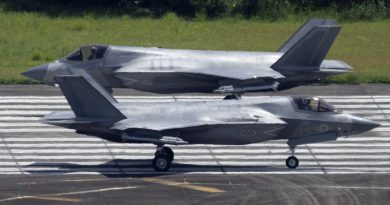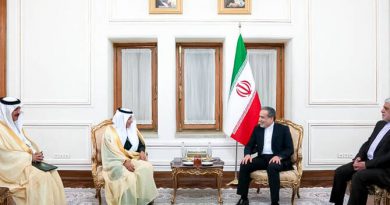US says Russia not benefiting from +$60/bbl oil to India
Washington (Reuters) – Russia is not reaping the benefits of higher costs of some recent cargoes of crude oil bought by refiners in India priced above the price cap set by countries in the West and Australia, a U.S. official said on Thursday.
Some cargoes of low sulphur, or sweet, crude oil bought by Indian refiners have risen above the $60 per barrel cap set by the Group of Seven rich countries, the European Union and Australia, due to rising demand, while most cargoes are below the cap.
China has also been buying Russian crude from the Eastern Siberia Pacific Ocean pipeline (ESPO) at above the price cap level, according to Reuters calculations.
Some Dubai-based traders, and Russian energy companies Gazprom (GAZP.MM) and Rosneft (ROSN.MM) are seeking non-dollar payments for certain niche grades of Russian oil that have in recent weeks been sold above the price cap, three sources with direct knowledge said.
The U.S. official said some Indian refiners have recently paid above the price cap for Russian oil because freight and insurance costs have risen as the oil moves further distances to markets in Asia, rather than Europe, which banned most sea-borne Russian cargoes.
“It’s true that the all-in cost to the buyer has crept up the past couple of weeks, as those transportation costs have got higher,” the official said on condition of anonymity. “But the market is clearing well below the price cap for the oil.”
The G7 set the price cap on Dec. 5, seeking to squeeze Russia’s revenues during its war on Ukraine and left it relatively higher than some European countries wanted to ensure oil flowed to global markets. The U.S. Treasury, including Secretary Janet Yellen, has touted the unprecedented system as part of sanctions on Russia.
“Russian oil cheapened significantly relative to non-Russian oil when the price cap was implemented. And since then, that large discount for Russian oil has remained stable,” the official said.
The higher costs typically pay for Western services, such as Greek tankers and British insurers, while Russia gets none of the higher price because the oil itself was bought at a discount to international benchmark Brent and below the cap, the official said.
An International Energy Agency report on Wednesday showed that the cap is working, a Treasury spokesperson said.
The report showed that the cap has helped cut Russian energy tax revenues, the Kremlin’s key source of revenue, by 42% since last February, the month Russia invaded Ukraine.


